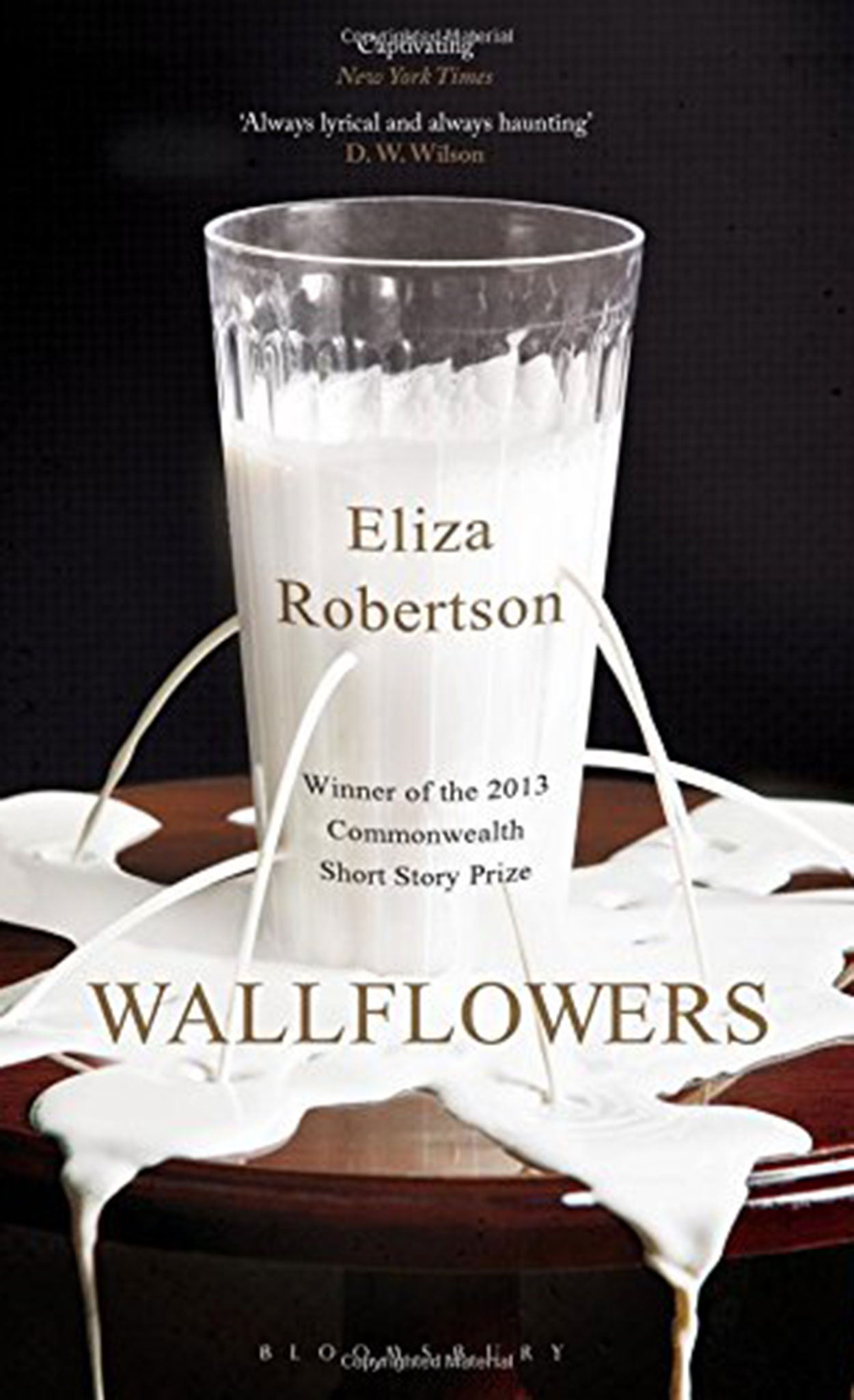Wallflowers by Eliza Robertson, book review: Shortcuts to gravitas
Short story collection confirms Robertson as a significant new talent

The debut short story collection of Eliza Robertson – a young Canadian writer, living in the UK – confirms her as a significant new talent.
Although the collection’s themes become repetitive, Robertson always deals in specifics. Her writing is unusually alert to the minutiae of certain jobs, and their symbolic potential – advanced mapping techniques, analysis of flight recordings, the tagging of hummingbirds.
The ordinary and everyday become imbued with a strange significance, albeit with a feather-light touch; Robertson’s prose is never weighed down, even as it imparts a sense of uneasiness, anticipation.
The opener “Who Will Water the Wallflowers?” exemplifies this – a seemingly simple tale of a young girl who lives in a suburb about to be hit by flood waters, her interactions with a hard-drinking neighbour feel charged, and the story hums with tension. Suspense runs through “Worried Woman’s Guide” too, even if all that happens is a woman is helped to recover from an operation by her ex-husband’s son. What significance should we read into the artichokes she harvests, “glutted with yellow light and beginning to yawn”? Robertson lets images vibrate with possibilities.
Almost every story, individually, is sharp, illuminating. They take you somewhere, but resist over-simplified tidying up, or moralising. Cumulatively, however, Wallflowers is less effective. Seven of the 17 stories deal with death explicitly, and several more with serious illness; the precariousness of life may be an eternal subject, but here it starts to feel like a shortcut to gravitas.
Robertson repeatedly sketches individuals’ quirky responses – making origami swans from newspaper reports of a tragedy, roadtripping to follow the changing colours of autumn leaves – as a way to illuminate grief, and the universal need for rituals that help process loss. This tactic is effective in each story, often catching you off-guard with an emotional punch, but repetition makes it look a little calculated.
A couple of stories feel like women’s studies offcuts – a dive into historical fiction features an inventive murder by a downtrodden wife, but its arch “Handbook for Ladies” format reads pat, while a tale of three generations of sex workers puts forward a weirdly unquestioned sense of inevitability. Nonetheless, these are rare duds – for a debut collection this is impressively sure-footed.
Join our commenting forum
Join thought-provoking conversations, follow other Independent readers and see their replies
Comments
Bookmark popover
Removed from bookmarks